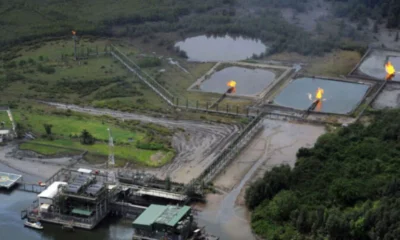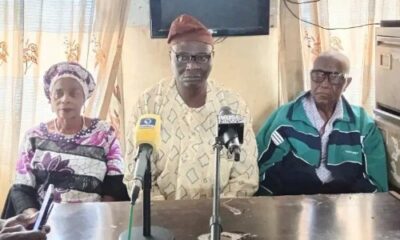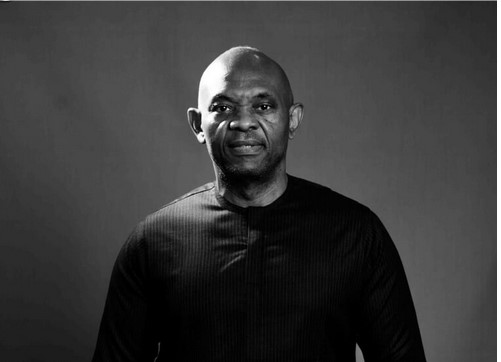Three Nigerian pilgrims arrested in Saudi Arabia over alleged drug trafficking have been released following high-level intervention by Nigerian authorities.
The National Drug Law Enforcement Agency (NDLEA) confirmed their release at a press briefing on Wednesday.
Femi Babafemi, NDLEA’s Director of Media and Advocacy, said the freedom of the detainees came after engagements between the agency and Saudi authorities. He disclosed that the pilgrims — Mrs Maryam Hussain Abdullahi, Mrs Abdullahi Bahijja Aminu, and Mr Abdulhamid Saddieq — were held in Jeddah for four weeks before being cleared.
Babafemi advised passengers to ensure proper luggage tagging to avoid falling victim to drug trafficking syndicates that manipulate baggage handling systems.
In August, the NDLEA had arrested a suspected drug kingpin, Mohammed Abubakar, also known as Bello Karama, and five members of his syndicate, accused of planting narcotics in the luggage of unsuspecting pilgrims at the Malam Aminu Kano International Airport (MAKIA).
According to investigations, the syndicate — in collusion with staff of the Skyway Aviation Handling Company (SAHCOL) — secretly tagged six additional bags to the names of the pilgrims, three of which contained illicit substances.
While the suspects checked in the drug-laden luggage on Ethiopian Airlines flight ET940 from Kano to Jeddah via Addis Ababa, Karama himself travelled separately on Egypt Air. Other accomplices identified include Abdulbasit Adamu, Murtala Olalekan, Celestina Yayock, and Jazuli Kabir. NDLEA said evidence of payments linked to the scheme had been traced to them.
Babafemi noted that NDLEA Chairman, Brig Gen. Buba Marwa (rtd.), personally engaged officials of Saudi Arabia’s General Directorate of Narcotics Control (GDNC), armed with Nigeria’s investigation report and charges filed against the syndicate. The discussions, he said, were held at multiple levels, both in Nigeria and Saudi Arabia, in line with President Bola Tinubu’s directive that no Nigerian should suffer unjustly abroad.
“One of the pilgrims was freed on September 14, and the remaining two were released on September 15, 2025,” Babafemi said.
Marwa expressed gratitude to Saudi authorities for their cooperation, stressing that the release reflected the spirit of the Memorandum of Understanding (MoU) between NDLEA and the GDNC. He also commended President Tinubu for backing the efforts, alongside Attorney General Lateef Fagbemi, Foreign Affairs Minister Yusuf Tuggar, Aviation Minister Festus Keyamo, and National Security Adviser Nuhu Ribadu.
He said: “The biggest support came from President Tinubu, who is committed to ensuring that every Nigerian receives fair treatment globally. This case demonstrates that no Nigerian will be unjustly punished for crimes they know nothing about.”
The incident, however, reignited concerns about airport security in Nigeria, with authorities pledging stricter checks at Kano airport to curb similar criminal practices.

 BIG STORY2 days ago
BIG STORY2 days ago
 BIG STORY1 day ago
BIG STORY1 day ago
 BIG STORY1 day ago
BIG STORY1 day ago
 BIG STORY2 days ago
BIG STORY2 days ago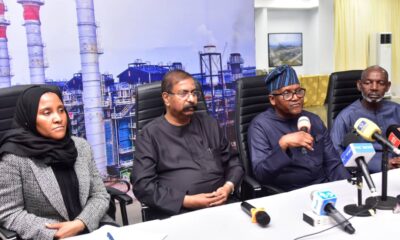
 BIG STORY1 day ago
BIG STORY1 day ago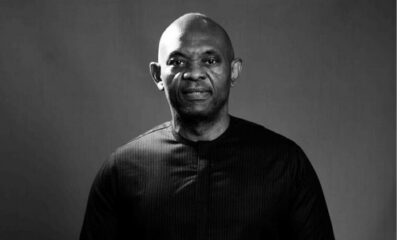
 BIG STORY4 hours ago
BIG STORY4 hours ago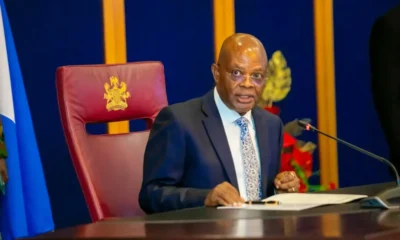
 BIG STORY2 days ago
BIG STORY2 days ago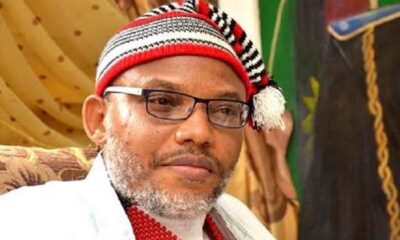
 BIG STORY2 days ago
BIG STORY2 days ago











